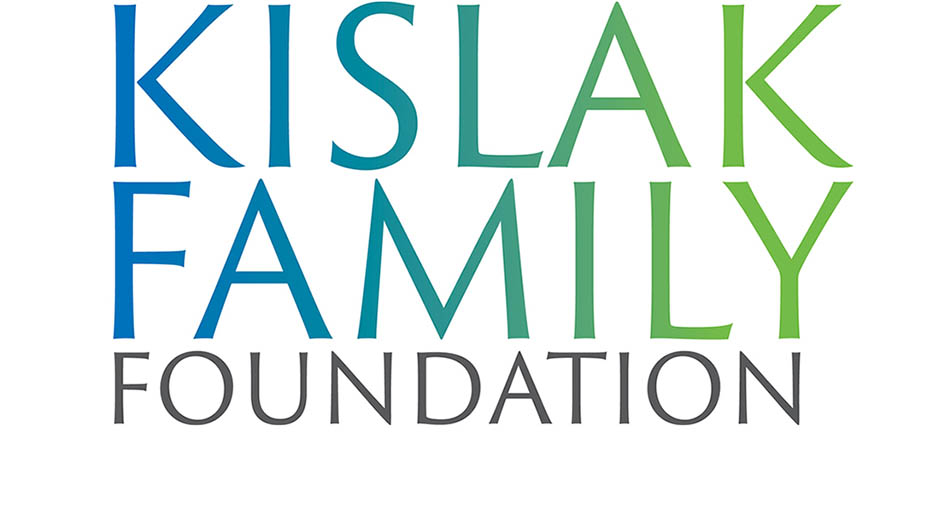President and CEO Thomas Bartelmo considers that Kislak and the organization’s partners “helped put the city more on the map.” He calls the patriarch, who passed away in 2018 at age 96, “among the catalysts” to provide employment opportunities, business leadership, and community stewardship throughout the decades.
Part of that stewardship occurs through the organization’s philanthropic entity, the Kislak Family Foundation, which provides grant funding to nonprofit organizations and higher learning institutions to advance education, the arts and humanities, animal welfare, and environmental preservation.
Kislak believed that, in succeeding in business, one should also succeed in doing good for society. Under Bartelmo’s leadership, the foundation continues in this spirit, giving steadfastly to causes within its four pillars, even in trying times. The foundation’s most recent gift of $30,000 to Miami Herbert Business School came unexpectedly in a pandemic-stricken year.
Under normal circumstances, the gift would serve as sponsorship for the School’s Real Estate Impact Conference, an annual event that offers students the opportunity to attend lectures by highly acclaimed industry leaders as well as to interact with them and each other during associated gatherings, including one-on-one conversations with the experts. The Kislak Family Foundation has supported the Impact conference since its inception almost 10 years ago. Bartelmo, a member of Miami Herbert’s real estate advisory board, recalls how the Kislak team quickly embraced the idea when first approached by Professor Andrea Heuson.
“We went in full force,” he says, explaining that the endeavor has allowed them to give not only in the realm of higher education, but also more specifically in the area of real estate, a bedrock for Kislak’s success.
This year, however, the conference will not take place due to the ongoing COVID-19 outbreak, with faculty instead joining forces to provide monthly webinars.
“We did not ask any of our partners for sponsorship dollars for the webinars because so many in the commercial real estate industry have been negatively impacted by the pandemic,” says Heuson. “The Kislak Family Foundation was kind enough to send the sponsorship contribution anyway.”
The gift serves to support the webinars and as a general fund for the school. “We believe strongly in the dedication of the University and business school leaders to allocate the funds in ways that best meet the needs of the school and the students,” Bartelmo says.
Attesting to that trust, in 2017, the foundation gifted a comprehensive collection of rare books, maps, manuscripts, and other historical artifacts to what is today the Kislak Center at the University of Miami’s Otto G. Richter Library. The center includes a gallery of the timeless pieces that depict the beginnings, originalities, and various cultures of the Americas. The donation formed part of a collaboration between the foundation, the University of Miami, and Miami Dade College, establishing a second center and exhibition space at MDC’s Freedom Tower in downtown Miami.
The Library of Congress in Washington, D.C., likewise is home to a gallery exhibiting objects from its own extensive Jay I. Kislak Collection, making UM one of only three institutions in the country to share in the distinctive compilation.
Bartelmo anticipates continuing to focus on the foundation’s four core pillars, but remains open to adjust and expand according to world changes, a lesson attributable to the current economic and heath tribulations.
“The past year has been eye-opening,” he reflects. Operating in the real estate and financial sectors, he and his team have seen the economic impacts first-hand. While working on an individual and case-by-case basis with their various constituents on the business side, the organization’s leaders have also mobilized its philanthropic arm to support nonprofit groups that provide rental assistance, food to heavily impacted families, and care for the homeless.
“We made an effort as a foundation to address some of the needs that we saw right in front of us,” he says, calling the ability to provide that help “very rewarding.”
Despite the challenges that remain amid a persistent health crisis, the community moves forward with the dynamism that has come to characterize “a city that embodies a ‘paradigm shift,’” in Bartelmo’s view, becoming a pulsating hub for commerce, entertainment, and investment in a short time.
Through the Kislak legacy, the foundation will continue to be a key contributor to the city’s and its institutions’ sustained growth, not only in size or business acumen, but also in culture, higher learning, and the preparation of young leaders.

